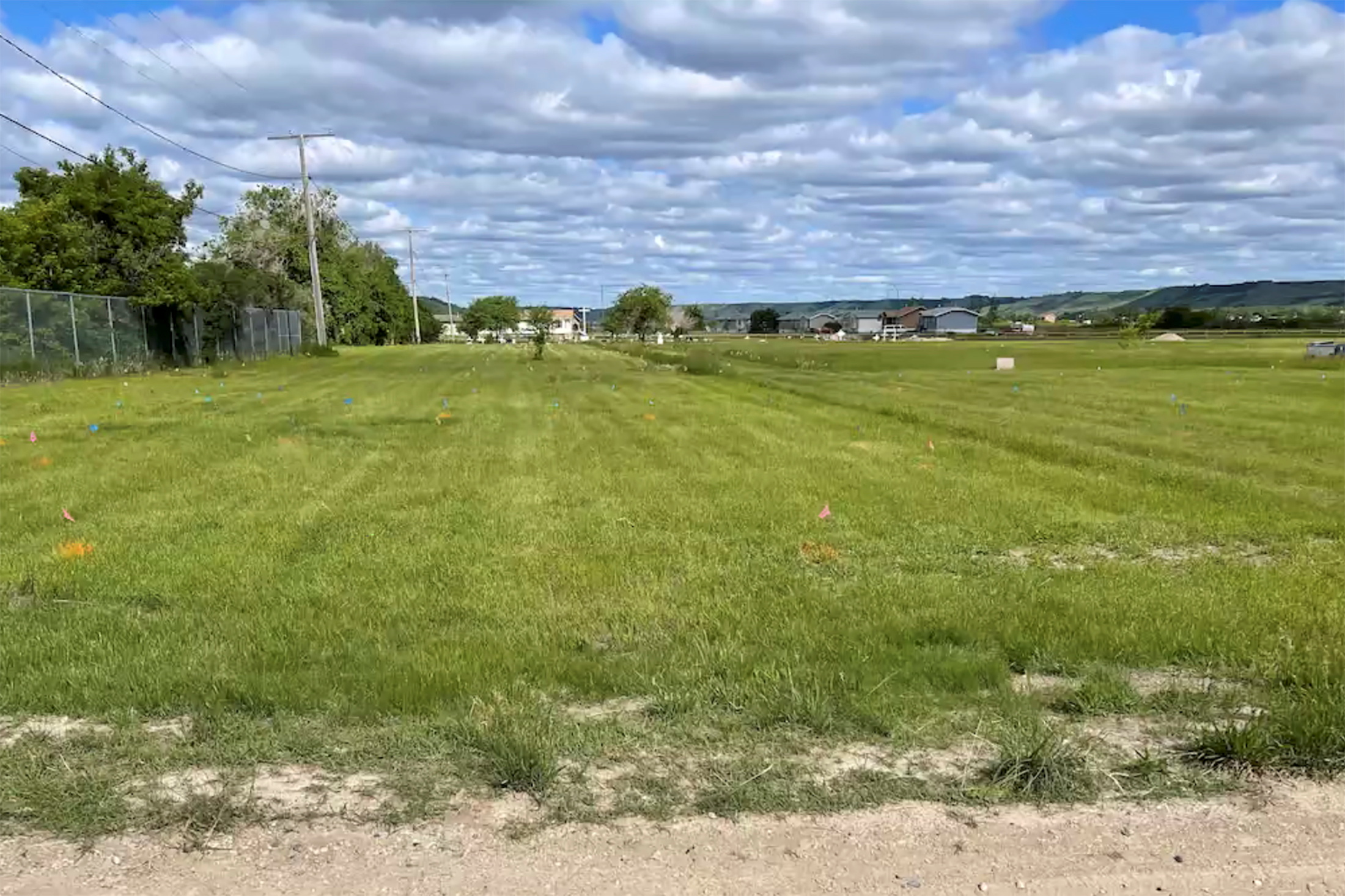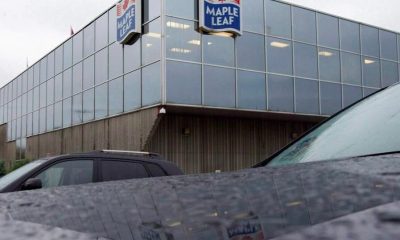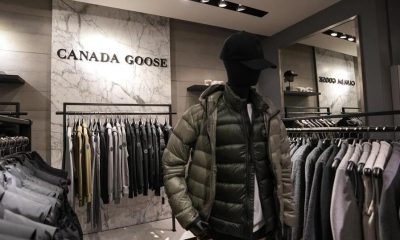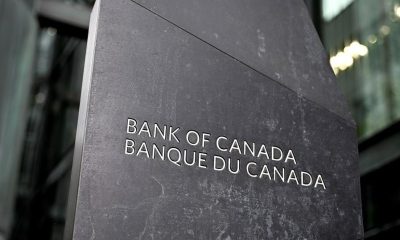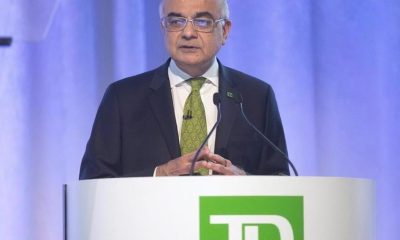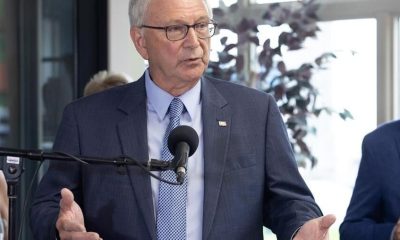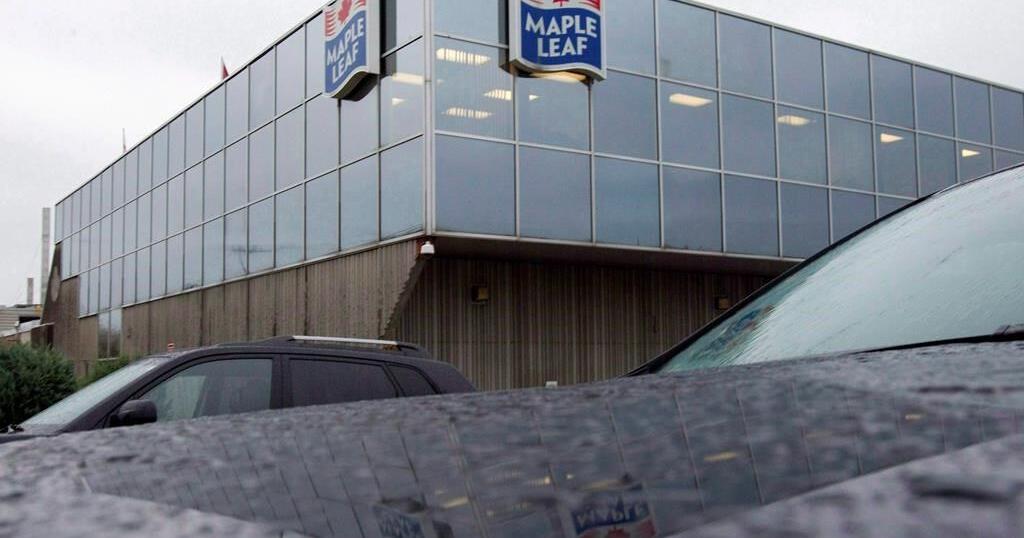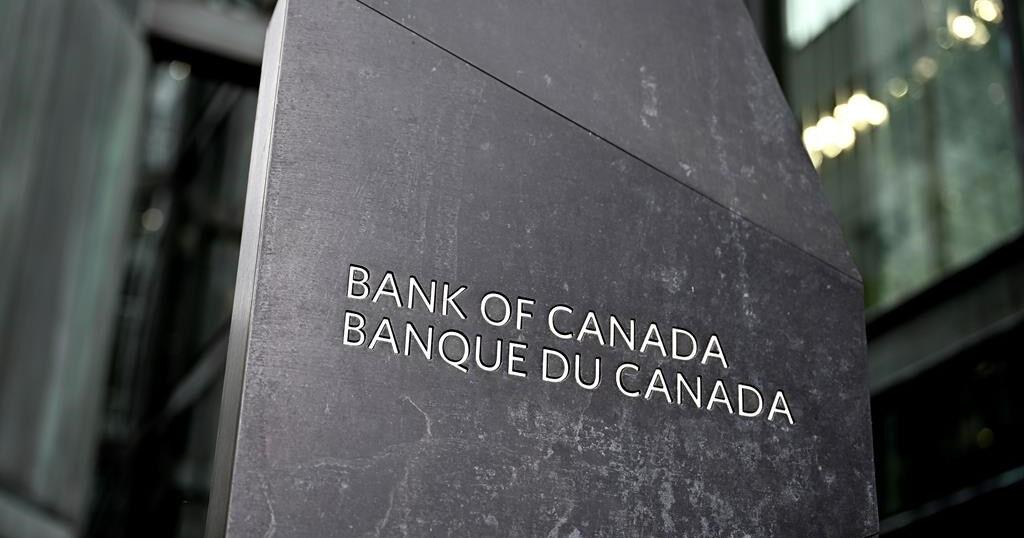TORONTO, Ohio – Maple Leaf Foods asserted its innocence in an alleged bread price-fixing scheme ahead of a hearing to determine whether it will be added to an ongoing class-action lawsuit.
In a statement Wednesday, Maple Leaf said any claims that it participated in the alleged conspiracy are false.
“As we’ve said before, Maple Leaf Foods has done nothing wrong here,” the company said on its website.
When the class-action lawsuit was originally certified in an Ontario court in 2021 against several grocery retailers and other food companies, Maple Leaf was not included.
However, the plaintiffs are set to argue in a hearing scheduled on Thursday that Maple Leaf should be added as a defendant in the lawsuit because of its ownership of Canada Bread at the time of the alleged conspiracy.
Canada Bread was fined $50 million by the Competition Bureau in 2023 after admitting to four counts of price-fixing, but has argued as part of the class-action lawsuit that Maple Leaf, which was its majority owner at the time, should shoulder the blame instead.
“Based on additional evidence produced to us as result of Canada Bread’s guilty plea, we allege that Michael McCain and Maple Leaf Foods were personally involved in this conspiracy to defraud Canadian consumers and we believe they should be subject to the same scrutiny as the other defendants in this case,” said Jay Strosberg, managing partner at Strosberg Wingfield Sasso LLP, in an emailed statement.
McCain, the previous CEO of Maple Leaf and now the company’s executive chairman, previously denied involvement in the alleged conspiracy.
“We continue to believe that the pricing practices of Canada Bread were responsible, consistent with industry practice, and above all, lawful,” he said in a statement on the company’s website in August 2023.
In recently filed court documents, Canada Bread accused Maple Leaf of using it as a “shield” to avoid liability in the alleged price-fixing scheme. Maple Leaf was Canada Bread’s controlling shareholder until it was purchased by Grupo Bimbo in 2014.
Canada Bread argued Maple Leaf knew or ought to have known of any anti-competitive conduct, making it “vicariously and contractually liable.”
Maple Leaf, which has denied the accusations, said in its Wednesday statement that Canada Bread is trying to set itself up to recover damages. It said it will vigorously defend itself against what it called unfounded claims.
The class-action lawsuit is one of two launched in the wake of an ongoing Competition Bureau investigation into an alleged industry-wide conspiracy to fix the price of bread.
The bureau began investigating the alleged scheme in 2016 and has alleged at least $1.50 was added to the price of a loaf of bread over a period of 16 years.
Loblaw and Weston Foods, both subsidiaries of George Weston at the time, had admitted to participating in an “industry-wide price-fixing arrangement” and received immunity from prosecution in exchange for co-operating.
However, other grocers and food companies have denied participating in such an arrangement, with Metro recently arguing in court documents that Loblaw and its parent company George Weston were trying to spread blame across the industry. Loblaw denied the claims by Metro.
Recently, Loblaw and George Weston announced they agreed to pay a combined $500 million to settle the two class-action lawsuits in Ontario and Quebec.
This report by The Canadian Press was first published Sept. 19, 2024.
Companies in this story: (TSX:MFI)

